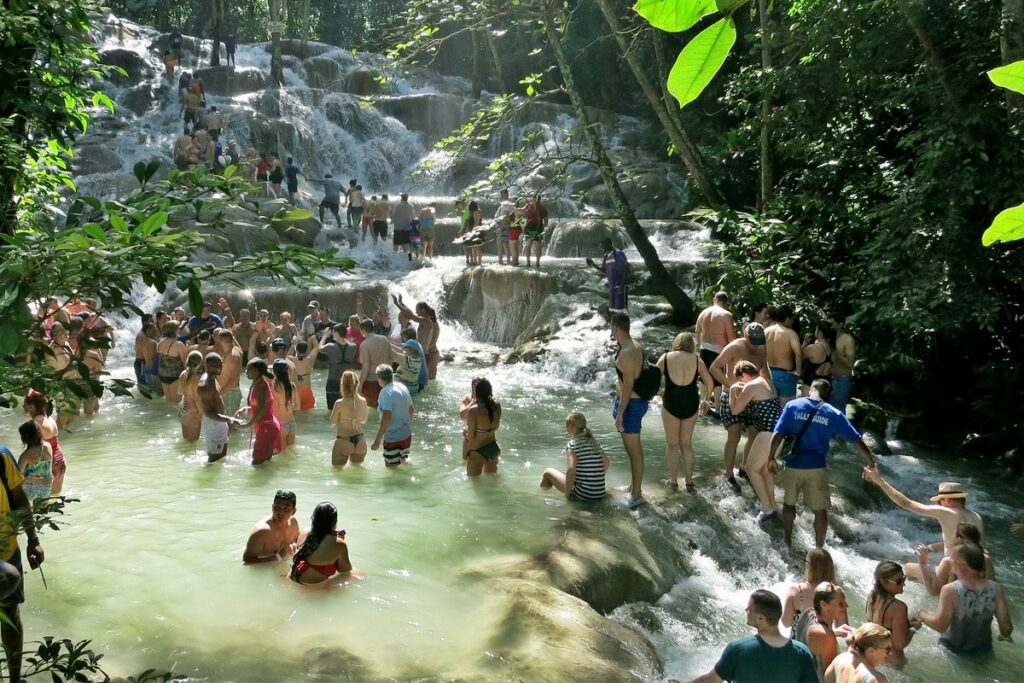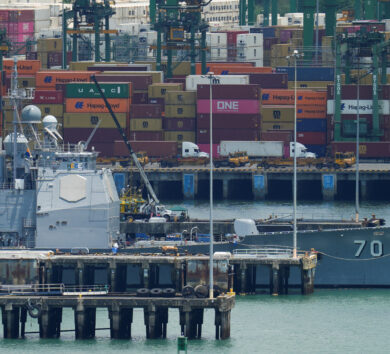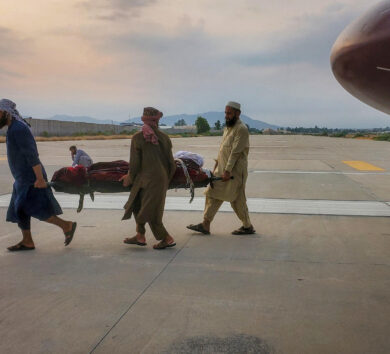
The coronavirus pandemic has had a devastating impact on the tourism industry across the world with it losing US$1.3 trillion last year, according to the United Nations.
This in effect made last year the worst year in global tourism’s history.
The United Nation’s World Tourism Organisation (UNWTO) is of the view that as many as 120 million jobs could be at risk and the revenue lost could be 11 times that during the global financial crisis of 2008-09.

“While much has been made in making safe international travel a possibility, we are aware that the crisis is far from over,” said Zurab Pololikashvili, head of the UNWTO.
The aim now is to get as many people as possible vaccinated and then put in place a vaccine passport system for travelers. This effort is expected to see the industry stage a partial recovery sometime later this year and into the second half of 2022.
As it currently stands, international arrivals dropped by 74 per cent – a staggering one billion people.
The UNWTO does not foresee a return to pre-pandemic levels of tourism business until at least 2023.

It was expected that tourism would start rebounding in the first quarter of 2021, but with variants of the virus plaguing countries and spikes being recorded across the globe, the tourism sector is still confronted with travelers remaining at home.
COVID-19 related preventative measures will now become a feature of travel in the coming years, very much as precautionary security measures were put in place after 9/11.
Pololikashvili drew attention to this new normal when he said: “The harmonisation, coordination and digitalisation of COVID-19 travel related risk reduction measures, including testing, tracing and vaccination certificates, are essential foundations to promote safe travel and prepare for the recovery of tourism once conditions allow.”
“The EU must act quickly and in a coordinated way to save the livelihoods of all persons who depend on the tourism industry and capitalise on this opportunity to reinvent tourism in Europe.”
Luis Araujo, president of the European Tourism Convention
Tourism is the lifeblood of many economies in both the Caribbean and Europe. Governments will be eager to see the sector rebound as quickly as possible.
“The EU must act quickly and in a coordinated way to save the livelihoods of all persons who depend on the tourism industry and capitalise on this opportunity to reinvent tourism in Europe,” said Luis Araujo, president of the European Tourism Convention.

But with governments locking down borders in an effort to prevent infected people bringing in the virus, how optimistic should the sector be?
The United Nations Conference on Trade and Development (UNCTD) has noted that the collapse in tourism could cost Jamaica 11 per cent of its GDP. For the fiscal year 2020-21, Jamaica’s economic decline was driven by a massive 70 per cent contraction in the tourism sector.
US$651B PROJECTED IN TRAVEL LOSSES FOR US ECONOMY
Oxford Economics estimates that travel losses will result in a cumulative GDP impact of US$651 billion on the US economy for 2020. A decline of US$80 billion in taxes is expected to be realised as a result of travel declines in 2020. This equates to a 45 per cent decline in travel economic impacts for 2020.
According to the World Travel and Tourism Council (WTTC), the overall growth in the travel and tourism industry was 3.9 per cent in 2018 and was outpacing the global economy which grew by 3.2 per cent that year. This comes against the backdrop of the hospitality and travel industry accounting for one in 10 employment opportunities.
The 2020 purge in international tourism could result in an estimated economic loss of over US$2 trillion in global GDP, more than two per cent of the world’s GDP in 2019.







Comments